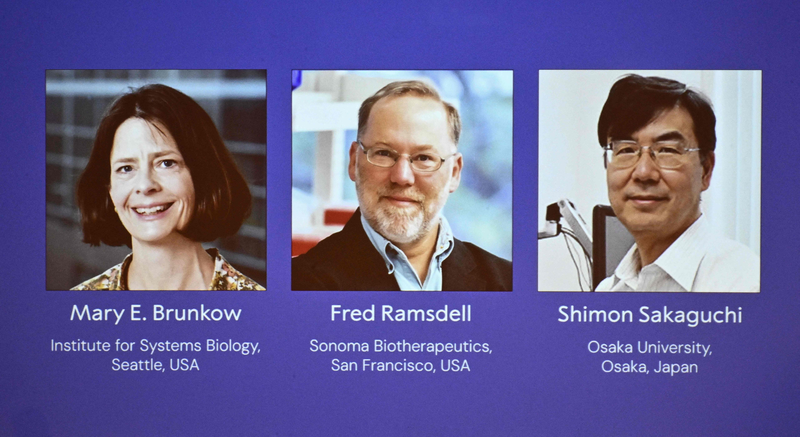In a landmark announcement on Monday, the Nobel Committee awarded the 2025 Nobel Prize in Physiology or Medicine to Mary E. Brunkow, Fred Ramsdell, and Shimon Sakaguchi. The trio were recognized for their groundbreaking discoveries on peripheral immune tolerance — the process that teaches our immune systems to distinguish friend from foe.
Olle Kampe, chair of the Nobel Committee, highlighted that their work has been pivotal in revealing the mechanisms that keep the immune system in balance and prevent widespread autoimmune disease. This recognition underscores decades of research dedicated to decoding how our bodies enforce self-tolerance and guard against unintended attacks on healthy tissues.
Immune tolerance is a hot topic in biotech circles, as entrepreneurs race to translate these findings into therapies. Startups worldwide are already exploring ways to harness tolerance pathways to treat conditions ranging from type 1 diabetes to lupus. The Nobel winners' work provides a roadmap for targeted treatments that could transform patient care.
For young global citizens and thought leaders, these discoveries underscore the power of basic science to spark real-world solutions. By revealing how specialized cells enforce immune restraint, they’ve opened doors to precision medicine approaches that could reduce side effects and improve outcomes.
Beyond the lab, this breakthrough resonates across cultures and industries. Digital nomads and travelers, familiar with navigating new environments, can appreciate the immune system’s own diplomacy — learning who belongs and who doesn’t. As research advances, sustainable healthcare models inspired by immune tolerance may emerge, benefiting communities from Tokyo to Toronto.
As the spotlight turns to Brunkow, Ramsdell, and Sakaguchi, young professionals and students are reminded that curiosity-driven research remains the engine of innovation. Their achievements chart a course for the next generation of changemakers, proving that when scientists unlock nature’s secrets, the ripple effects can reshape global health.
Reference(s):
Trio win Nobel Prize in medicine for discoveries on immune tolerance
cgtn.com



